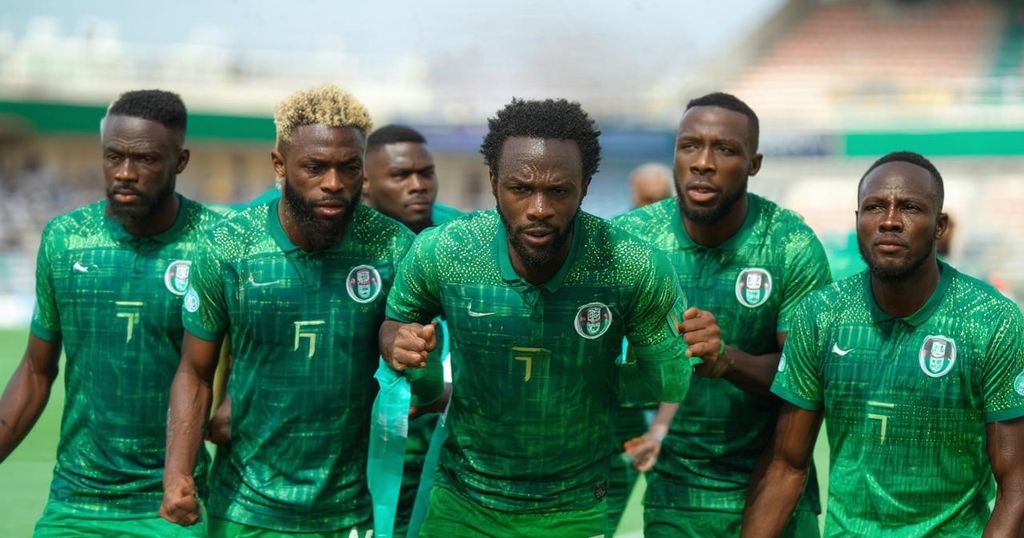The article outlines the escalating blame game between Nigeria and Libya following a logistics debacle that led Nigeria to boycott a crucial African Cup of Nations qualifying match. The dispute originated from a diverted flight and subsequent inadequate treatment of the Nigerian team, which was stranded without resources. Both nations presented opposing views during a hearing by the Confederation of African Football, amid a history of complaints regarding Nigeria’s treatment of visiting teams.
The ongoing dispute between Nigeria and Libya arose from incidents during a qualifying match for the 2025 African Cup of Nations (AFCON), which led the Nigerian Super Eagles to boycott the game. The conflict was brought before the Confederation of African Football disciplinary committee on October 20, where both nations presented conflicting accounts of the events. Shortly before the match, Libyan authorities diverted the Super Eagles’ flight, originally destined for Benghazi, to Al Abraq Airport in Bayda. Consequently, the Nigerian team was left stranded for over 18 hours without food or accommodation. The Nigeria Football Federation subsequently issued a protest, condemning the treatment of their team by Libyan officials. While Libya did acknowledge the claims, labeling the incident as a logistical error, they suggested it could be a response to prior hardships faced by their national team during an earlier trip to Nigeria. The Libyan Football Federation released images depicting its players stranded at Port Harcourt Airport for several hours, which quickly gained traction on social media. According to their Captain Faisal Al-Badri, Nigerian authorities denied their private jet landing rights at Uyo Airport due to alleged last-minute notifications, forcing them instead to land in Port Harcourt, significantly delaying their journey. In previous encounters, Nigeria’s handling of visiting football teams has drawn criticism, as seen in a similar situation with the South African national team which faced delays in transfer arrangements. Historical grievances trace back as far as 2013, when the Kenyan Harambee Stars were similarly stranded in Nigeria. The current episode reflects a broader pattern of complaints against Nigerian sports authorities regarding inadequate logistical support for international teams. In light of these incidents, Nigeria’s Minister of Sports Development defended his country’s actions, claiming that visiting teams often select inappropriate arrival airports without prior notification. Nevertheless, the mounting accusations of poorly managed logistical operations highlight an ongoing issue that necessitates urgent attention.
The article discusses the tension resulting from a series of logistical mishaps involving the national football teams of Nigeria and Libya. The central event revolves around the Nigerian Super Eagles’ flight being diverted by Libyan authorities, causing significant delays and discomfort, leading to Nigeria’s withdrawal from a match. Both countries have documented a history of grievances against each other, characterized by incidents of mismanagement by Nigerian sports authorities regarding the accommodation and transportation of visiting teams, raising questions about the conduct of the Nigerian Football Federation.
This ongoing saga between Nigeria and Libya underscores a troubling pattern of mismanagement and miscommunication regarding international sporting events. While both nations have pointed fingers at one another for logistical failures, the incidents brought to light continue to reflect the challenges faced by visiting teams when navigating protocols in Nigeria, necessitating reforms for better cooperation and treatment of foreign athletes. This ongoing situation not only hampers sporting integrity but also casts a shadow on diplomatic relations in the arena of international football.
Original Source: www.voanews.com






